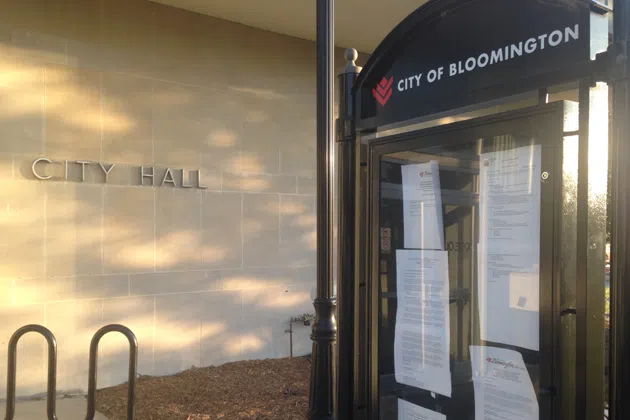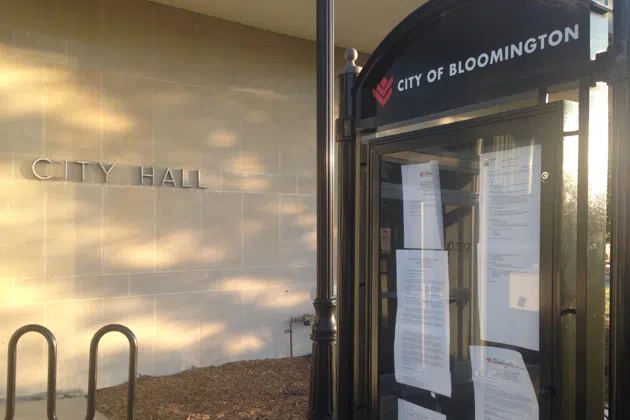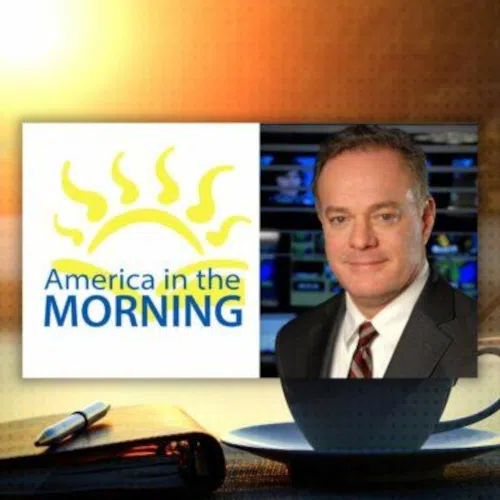
By David Stanczak
One of the expectations for the Bloomington Budget Task Force was that it would engage in some thinking that was “outside the box.” It has fulfilled that expectation and will be giving the Bloomington City Council several things to think about. But at least one of the ideas it bantered about should stay out of the box, w-a-a-a-y out of the box. That’s the idea for creating a park district.
When the 1970 Illinois Constitution was drafted, the delegates on the Local Government Section were acutely aware of the hodge-podge of local governments in this state. While it would be an exaggeration to say that Illinois has more units of local government than Bayer has aspirins, one of this state’s dubious achievements is holding the record for multiplicity of units of government. Special purpose districts were created largely in response to particular needs at a time when the enabling legislation for cities and villages was written and construed narrowly. That’s why we have units of government like mosquito abatement districts, with their own elected officials, their own governmental structures, their own employees, real property and equipment, AND their own taxing authority. The drafters of the Constitution were relatively expansive in providing for general purpose units of government, so as to allow more to be done at the local level without adding to the proliferation of local governments.
Bloomington has a well-functioning Parks and Recreation Department. But its operation, including its budget, is integrated with all the other operations of the city by a city manager and ultimately a city council, which determines the relative priority to give parks and recreation functions as opposed to other services the city is expected to provide, especially in times of monetary shortfalls. A park district just does parks: more parks, bigger parks, better parks. It has no responsibility for any other municipal function, so its elected officials don’t need to worry about any city revenue shortfalls or their impact on street repair. So it levies whatever tax is needed to fund its park plans.
Other shortcomings of the idea are too much for these two minutes, but they all add up to one thing: Bloomington needs a park district like Custer needed more Indians.
David Stanczak, a Forum commentator since 1995, came to Bloomington in 1971. He served as the City of Bloomington’s first full-time legal counsel for over 18 years, before entering private practice. He is currently employed by the Snyder Companies and continues to reside in Bloomington with his family.
The opinions expressed within WJBC’s Forum are solely those of the Forum’s author, and are not necessarily those of WJBC or Cumulus Media Inc.





